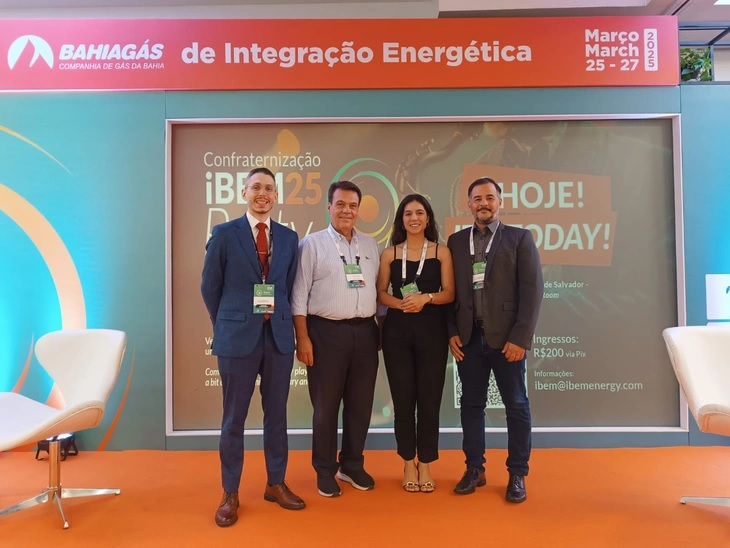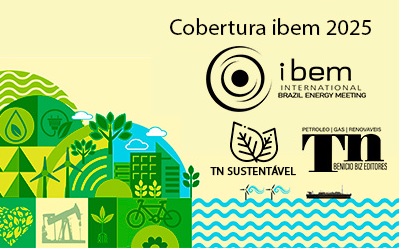
 iBEM25
iBEM25
T&B Petroleum Editorial Team

One of the key plenary sessions on the morning of Wednesday, the 26th, at IBEM 25, focused on various aspects of energy in relation to the maritime economy. The challenges of the energy sector using the ocean as a foundation were highlighted by three speakers: Ranieri Rodrigues, Professional and Technological Education Instructor at the SENAI Institute of Innovation in Renewable Energies; Eduardo Athayde, President of the Blue Economy Forum; and Prof. Dr. Rodolfo Gonçalves from the University of Tokyo.
“We presented here Brazil’s Exclusive Economic Zone, named the Blue Amazon in 2004 by Admiral Roberto Guimarães Carvalho, then Commander of the Brazilian Navy. Since then, we have been working within this scenario. The ocean economy generates around two trillion reais per year, but we need to quantify this properly. Agriculture in Brazil also moves two trillion reais annually, and we have well-documented data on agriculture, but we still lack precise information on the ocean economy. Who exactly is generating this two trillion reais per year?” questioned Eduardo Athayde, President of the Blue Economy Forum, during his presentation at the plenary session.

Athayde also emphasized that measuring the profits generated by the maritime economy has been a continuous effort involving professionals and researchers in the field. “We have already organized several events in Bahia. The Commercial Association has declared the Bay of All Saints as the capital of the Blue Amazon to draw attention to its potential. This bay is central to Brazilian civilization and is the largest bay in the country. We are working alongside the Commercial Association, the Federation of Industries, and now, with strong support from the National Confederation, to spread this message across the country,” he explained.
The President of the Blue Economy Forum also highlighted Brazil’s potential at this moment in time and pointed out that the country still lacks confidence when it comes to self-promotion and preservation. “We are under the global spotlight, and we need to remember that preservation is an urgent necessity. It must be valued, priced, and eventually monetized to generate wealth, new income streams, and jobs in the country,” he emphasized.
Floating platforms (offshore wind energy) also took center stage in the integrated energies plenary session. Prof. Dr. Rodolfo Gonçalves from the University of Tokyo shared his research and experiences with this technology. “Japan has been experimenting with offshore wind energy since 2013, conducting various floating pilot projects. After ten years of experience, we can see that floating platforms are viable, and we could introduce this technology to Brazil in an even more optimized way. Our country already has a strong oil and gas infrastructure, which we can leverage to develop offshore wind energy here,” explained Professor Gonçalves.
Contact us